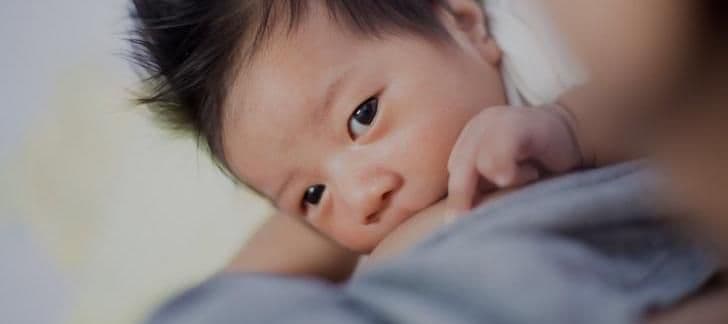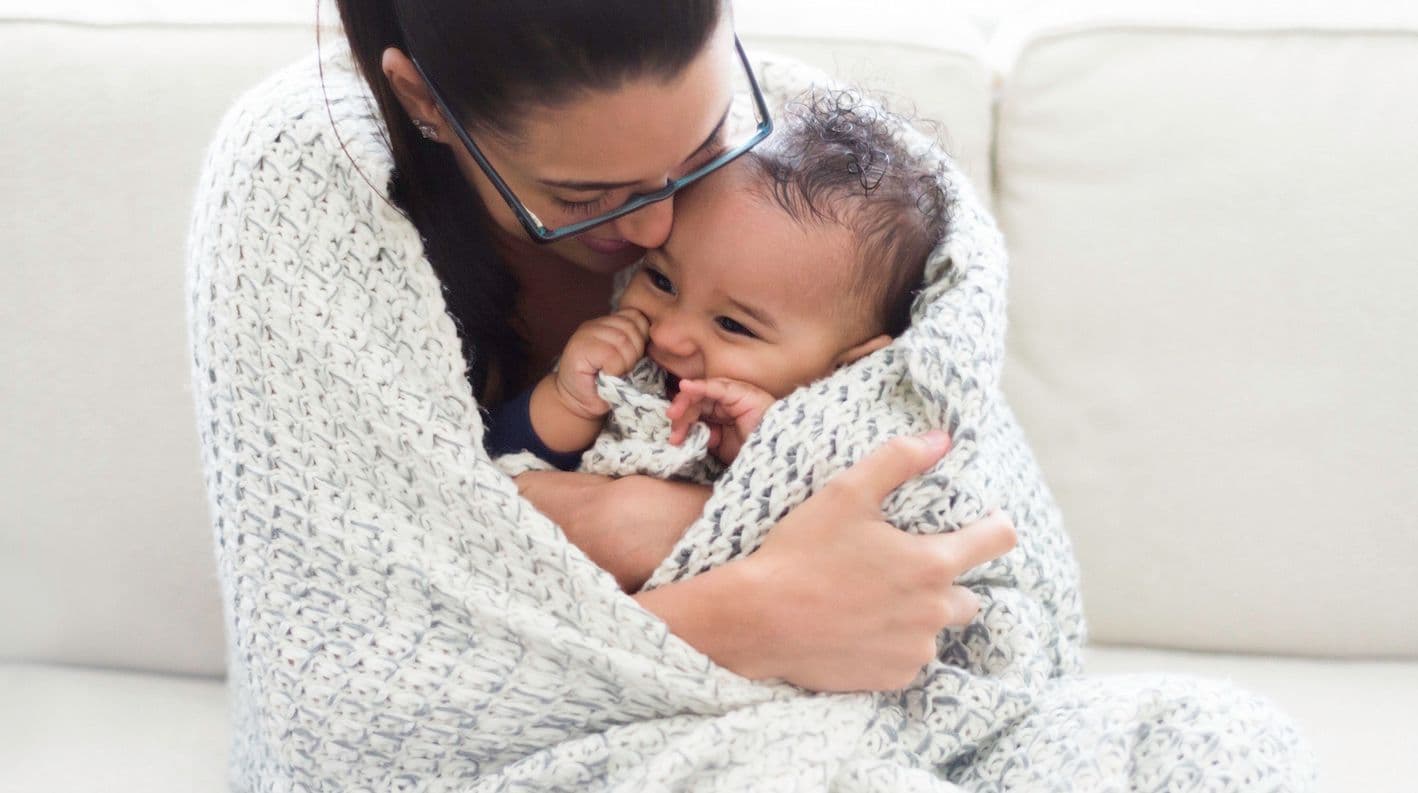Haemophilus Influenzae Type B (Hib) Vaccination
Newborn First Year
Obie Editorial Team
Hib is a bacterial disease most prominent in children under the age of five, though an infection can occur in older, unvaccinated people. The disease is passed from someone infected with Hib to other people. There is a chance the germs will stay put in the nose and/or throat, but if germs move to the bloodstream or lungs, a serious infection can occur.
Why vaccinate?
Before Hib vaccines were invented, more than 20,000 children under five years old were infected with Hib every year. Of those 20,000 infections, about 1,000 died from the infection. Hib can cause bacterial meningitis, an infection of the coverings of the spinal cord and brain. Pneumonia, swelling of the throat and infections in other body systems like the blood and joints can occur in those exposed to Hib.
Vaccination Schedule
There is more than one brand of Hib vaccination. The vaccination schedule will depend on the brand your doctor uses. The six-month dose of the Hib vaccine is skipped if certain brands are used. Your physician will tell you the proper Hib vaccine schedule for your child.
- 2 months
- 4 months
- 6 months – if needed
- 12 to 15 months
Risks of the Vaccination
Common side effects of the Hib vaccination are site injection pain, swelling and redness, and fever. Fever may be higher than 101-degrees. Symptoms can last up to three days. Severe allergic reactions may also occur, though very rare. Severe allergic reactions may cause wheezing, hives, trouble breathing and weakness.
Signs Your Child Should Wait to Get Vaccinated
If your child has ever had a severe allergic reaction to the Hib vaccine they should NOT receive additional vaccinations unless deemed safe by the child’s physician. A history of severe allergic reactions to other vaccinations should be discussed with the physician before any additional vaccinations are given.
Children younger than six weeks of age should not be vaccinated against Hib. If your child is sick on the day the Hib vaccine is scheduled, tell the physician before the vaccination is given. The doctor may postpone the vaccination until your child is well.
Can Older Children/Adults be Vaccinated?
Under special conditions, children older than five can be vaccinated against Hib. Medical conditions like sickle cell disease, HIV, bone marrow transplant, spleen removal, and drug-based cancer treatment could increase the risk of Hib infection so vaccination may be prescribed.
What Should I Do If My Child Has a Reaction?
Most reactions to the Hib vaccine are mild. Fever and pain can be treated with children’s pain medications like acetaminophen or ibuprofen with doctor approval and guidance. Severe reactions require immediate medical attention.









